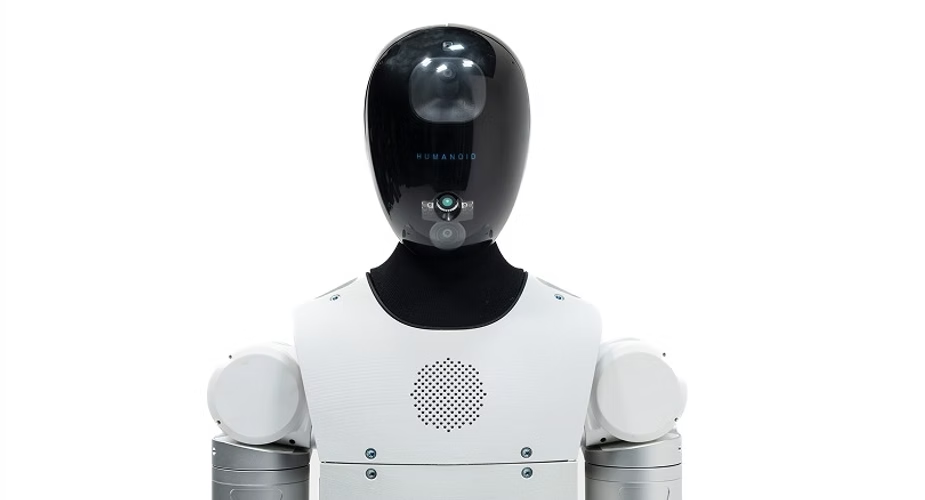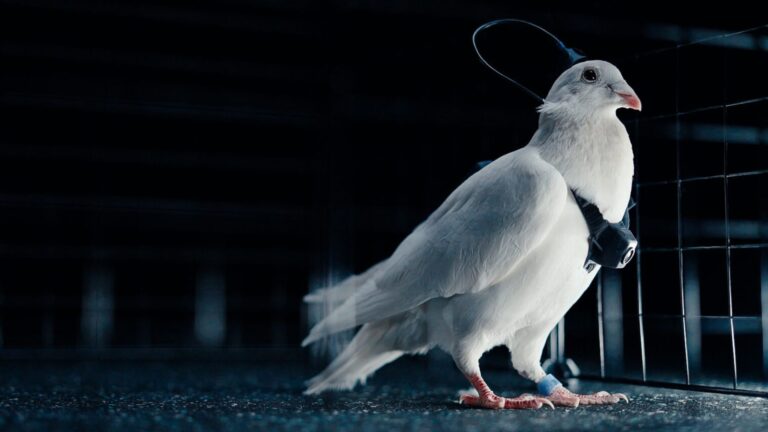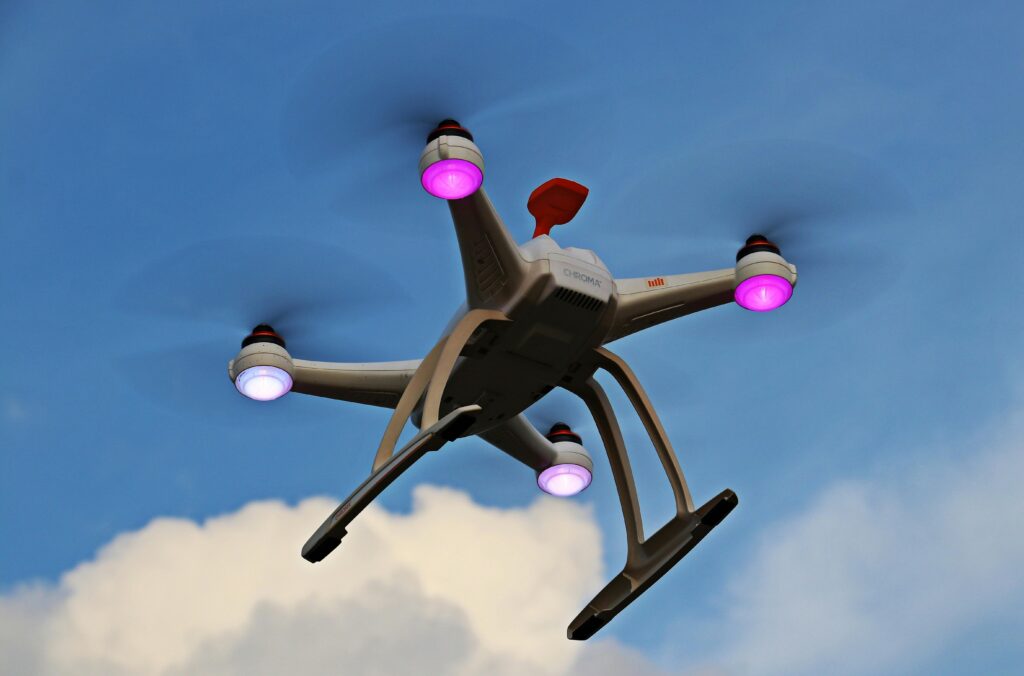UK-based robotics firm Humanoid has completed a proof of concept (POC) with Schaeffler that demonstrated its pre-alpha humanoid robot can autonomously pick and sort metallic bearing rings in cluttered industrial bins at Schaeffler’s Erlangen, Germany site. The test marked a key step toward humanoid integration in factory automation, proving real-world viability beyond the lab.
When Artem Sokolov, founder of Humanoid, talks about “robots learning by doing,” he means it quite literally. In the company’s latest collaboration with Schaeffler, one of Germany’s top engineering manufacturers, the UK startup showcased how humanoid robots can take on one of manufacturing’s trickiest automation tasks — bin picking. The demonstration wasn’t a lab simulation; it was performed in a near-production environment, where bearing rings were cluttered together just as they would be on a real factory floor.
According to Schaeffler and Humanoid, conventional robotic arms and cobots struggle in this scenario. Their automation systems often deliver low utilization rates and poor ROI, especially when dealing with unstructured objects like bearing rings. But humanoid robots change that equation. With mobility that enables multi-machine operation, advanced AI models that generalize across ring types, and real-time regrasp correction, the humanoid platform proved not only adaptable but economically promising.
The POC results met every predefined goal, reported both partners. As Sokolov explained, “Early POCs are one of our key priorities because they allow us to iterate faster — to go into the real world as early as possible and learn what our future customers truly need. This project proved that even at the pre-alpha stage, our platform can deliver tangible value in operational settings.” According to Tech.eu, the project also demonstrated the company’s ability to fine-tune robot performance directly on-site and transfer learned behaviors from lab simulations to real-world conditions with minimal adjustment.
READ ALSO: https://www.modernmechanics24.com/post/artificial-tongue-milk-tests-spiciness-levels
Supporting this field test was a detailed digital replica — or physical twin — created in Humanoid’s UK lab. Engineers used teleoperation with leader arms to collect training data, fine-tuning a pre-trained Vision-Language-Action (VLA) model. All the necessary sensors and cameras were embedded within the robot itself, meaning it could deploy in factory environments without additional installation infrastructure, noted Schaeffler in a company statement.
Sebastian Jonas, Senior Vice President of Advanced Production Technology at Schaeffler, called humanoid robotics “a crucial part of the production of the future.” He emphasized that Schaeffler plans to deploy humanoid robots across its global manufacturing sites, describing the successful proof of concept as “an important milestone on this path.”
The collaboration now moves into its second phase, which will test Humanoid’s alpha robot — the company’s first in-house designed and built platform. This next-generation model boasts higher payload capacity, more advanced manipulation abilities, and improved AI performance. The partners plan to validate its capabilities in full production environments, where variables like noise, dust, and continuous operation will test its true industrial readiness.
WATCH ALSO: https://www.modernmechanics24.com/post/baes-cv90120-tank-modern-warfare
For Humanoid, founded just a few years ago, this success demonstrates not only engineering innovation but strategic agility. Rather than chasing sci-fi-style robots for general use, the company is focusing on specific industrial applications that can deliver measurable value early. For Schaeffler, a global leader in motion technology, this partnership represents a forward-looking step toward fully automated, intelligent manufacturing ecosystems.
If the next phase proves equally successful, humanoid robots may soon become a standard fixture on factory floors — not replacing workers, but taking on the repetitive, ergonomically difficult tasks that have long limited automation efficiency.














